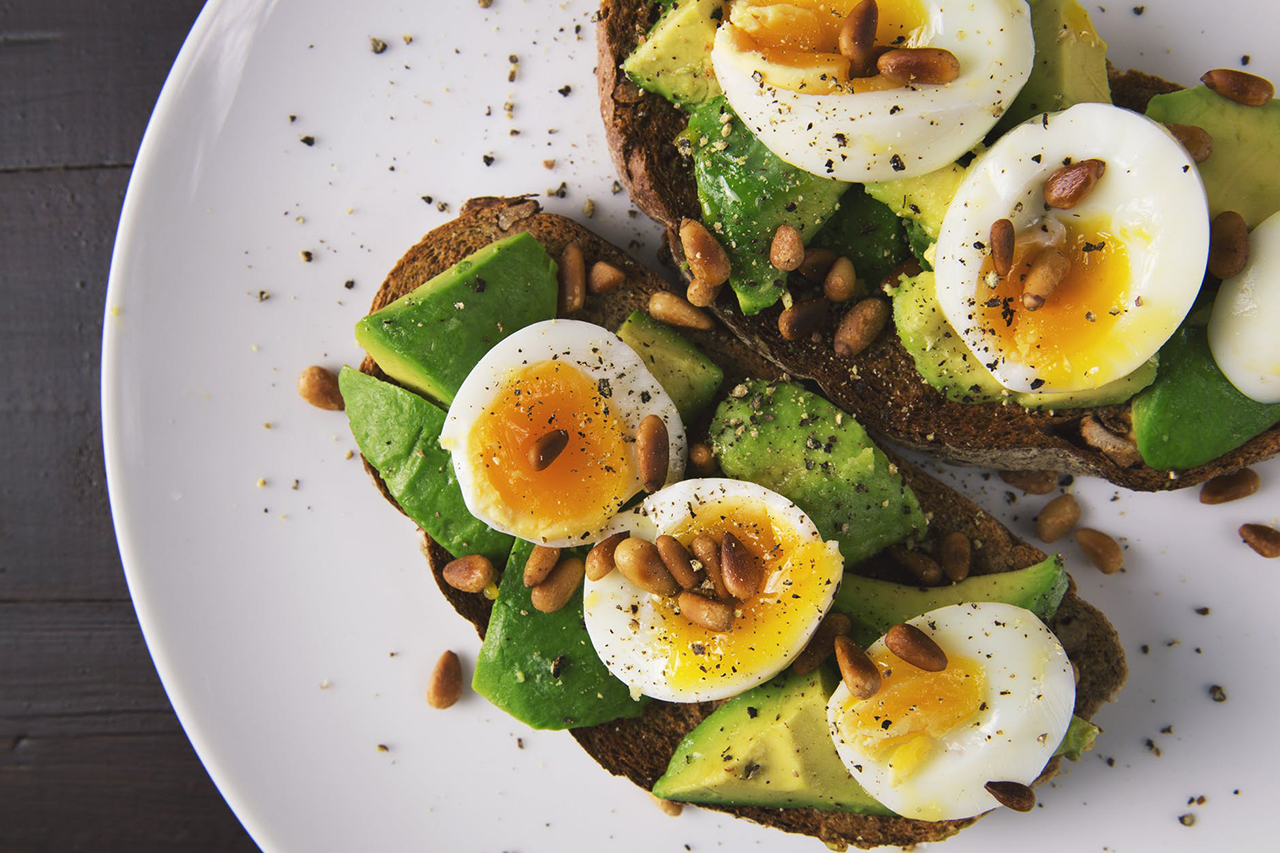
Have you ever decided you wanted to lose some weight, maybe it’s 100 lbs or maybe it’s only 10? Either way, if you are like many other people, you probably jump online and start searching; what happens next is you end up with information overload.
Let me be the first to tell you, weight loss does not have to be difficult, at least scientifically speaking. All weight loss is calories in vs. calories out. If you eat in a surplus you will gain weight if you eat in a deficit you will lose weight.
Our bodies don’t know the difference between a calorie from pizza and a calorie from cauliflower. This is not to say that the way we process the nutrients in said food is the same, and obviously cauliflower has more of the micro-nutrients our bodies need. However, when it comes to weight loss simplified, it all comes down to calories.
Let me show you
If you eat 1500 calories and you burn 2000 calories you will lose weight.
If you eat 1500 calories and you burn 1500 calories you will maintain your current weight.
But if you eat 2000 calories and you only burn 1500 calories you will gain weight.
Every plan out there is based on the same premises, you need to reduce your calories for weight loss.
We all know weight loss is anything but easy; if you start small, making adjustments gradually, it’s easier to stick with and support for a lifetime. You may be wondering “how do you start”? Here are a few tips that will help you cut some extra calories.
- Eat smaller portions
- Don’t drink your calories (chose low-calorie or no-calorie options)
- Increase your exercise intensity
- Skip the sugar in your tea/coffee
- Use a smaller plate
You will hear all sorts of different opinions, however, the calories in vs. calories out have been proven by research over and over.



